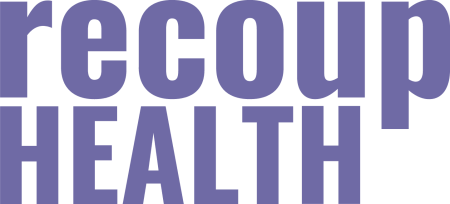The thyroid gland, a tiny powerhouse in your neck, plays a critical role in regulating your metabolism. When this gland goes into overdrive, producing too much thyroid hormone, you might experience a rollercoaster of symptoms: racing heart, weight loss, anxiety, and fatigue. While medication is a key part of managing an overactive thyroid (hyperthyroidism), what you put on your plate also matters.
This guide explores thyroid diet tips to help you navigate life with hyperthyroidism and feel your best.
Foods to Focus On:
- Cruciferous vegetables: Cauliflower, Broccoli, Bok Choy, may keep thyroid gland away from using excess iodine. This helps reduce hyperthyroidism.
- Minerals: Brazil nuts, chia seeds, sunflower seeds, pumpkin seeds, and mushrooms offer generous amounts of minerals like zinc and selenium.
- Go Fiber-Rich: Fiber slows down digestion, promoting a feeling of satiety and helping regulate blood sugar levels, which are vital for optimal thyroid functions. Load up on fruits, vegetables, whole grains, and legumes.
- Calcium and Vitamin D: Hyperthyroidism can weaken bones, so ensure a good intake of calcium and vitamin D. Dairy products (if tolerated), leafy greens, fortified plant-based milk, and fatty fish are excellent choices.
- Complex Carbs for Sustained Energy: Simple sugars can cause energy spikes and crashes. Complex carbohydrates, found in whole grains, legumes, and some fruits, provide sustained energy to combat fatigue, a common symptom.
- Healthy Fats are Your Friends: Don’t shy away from healthy fats like those found in nuts, seeds, avocado, and olive oil. These fats promote satiety and can help you optimize thyroid hormone functions.
Foods to Avoid or Limit:
- Iodine: While iodine is essential for thyroid function, excess intake can worsen hyperthyroidism. Limit processed foods, some commercially baked goods (due to iodate dough conditioners), and certain seaweeds. Consult a doctor for tailored recommendations.
- Soy Products (for some): Soy can interfere with thyroid hormone absorption in some individuals. Talk to your doctor if you consume a lot of soy products and notice any changes in your symptoms.
- Refined Carbs and Sugary Drinks: These can cause blood sugar spikes and exacerbate hyperthyroidism symptoms. Opt for whole grains and naturally sweet fruits instead.
- Caffeine and Alcohol: While not strictly forbidden, these substances can worsen anxiety and interfere with sleep, common hyperthyroidism struggles. Monitor your intake and see if it affects you.
General Dietary Tips:
- Stay Hydrated: Drink plenty of water throughout the day to stay hydrated and support overall bodily functions.
- Eat Regular Meals: Don’t skip meals! Aim for three balanced meals and healthy snacks throughout the day to maintain stable blood sugar levels and energy.
- Read Food Labels: Be mindful of hidden iodine in processed foods. Check labels and choose options with lower iodine, low salt content.
- Listen to Your Body: Every person’s body reacts differently. Pay attention to how certain foods make you feel and adjust your diet accordingly.
Living with hyperthyroidism can be challenging, but with the right dietary approach and medical support, you can get effective relief and reclaim your well-being! While this guide is helpful for general advice, your physiology is unique, and the best thyroid diet is one that is customized for you. If you are looking for relief from thyroid symptoms, we recommend consulting our team of thyroid specialists at Recoup Health to get personalized care that treats your thyroid from the root. They can help you determine the right amount of calories and adjust your intake based on your medication and activity level.
Feeling hesitant about scheduling an appointment? We understand! Feel free to email us at connect@recoup.health or call us at +91 080-7117 5110. We are here to answer any questions you might have and help you make the best decision for your health.




